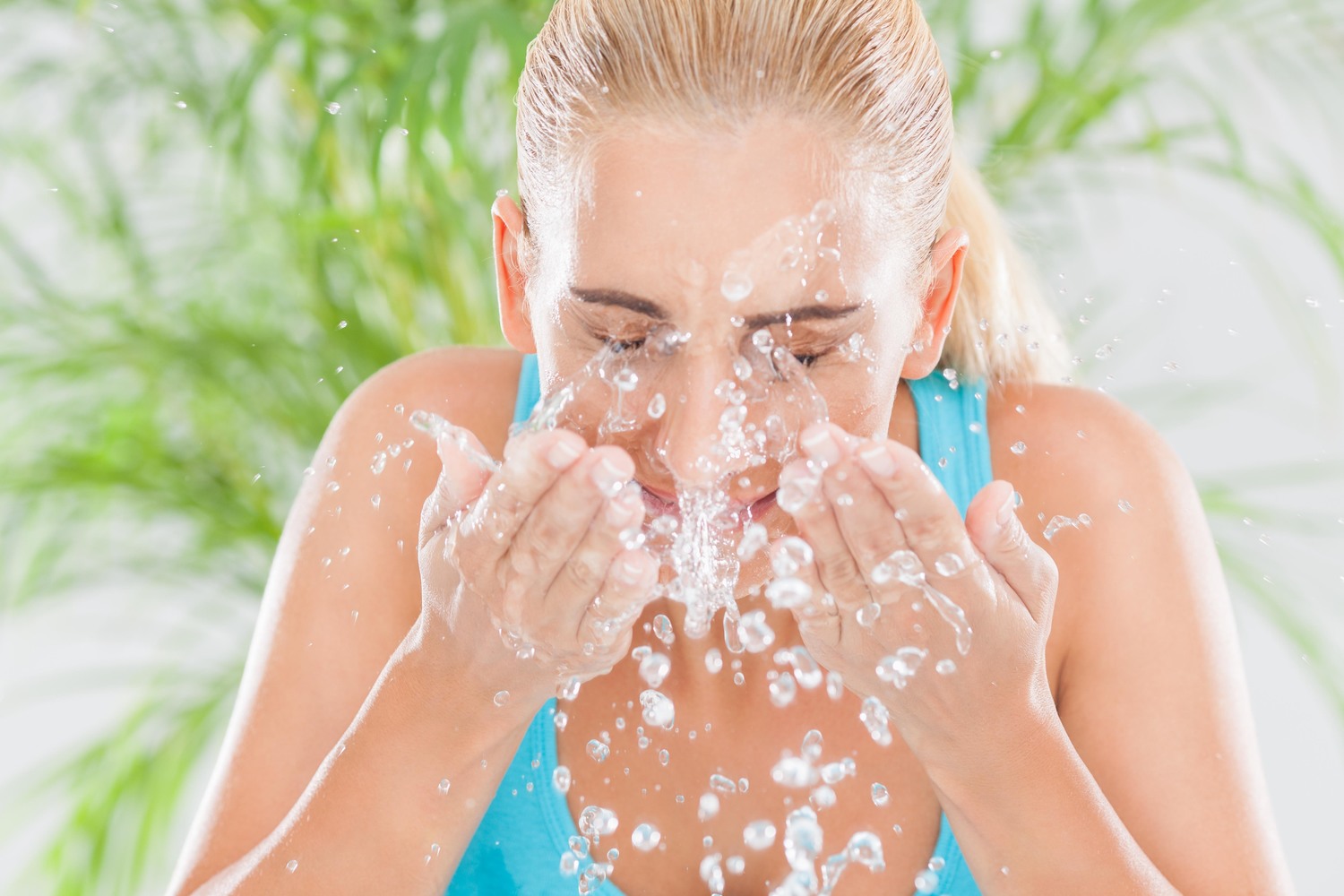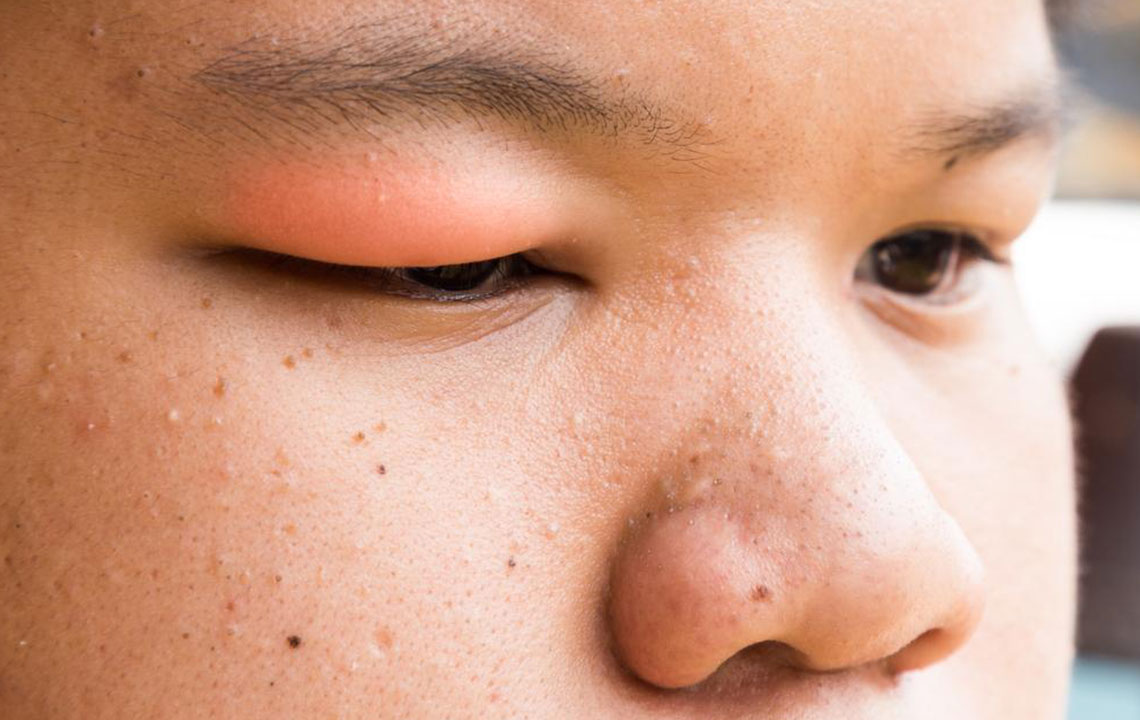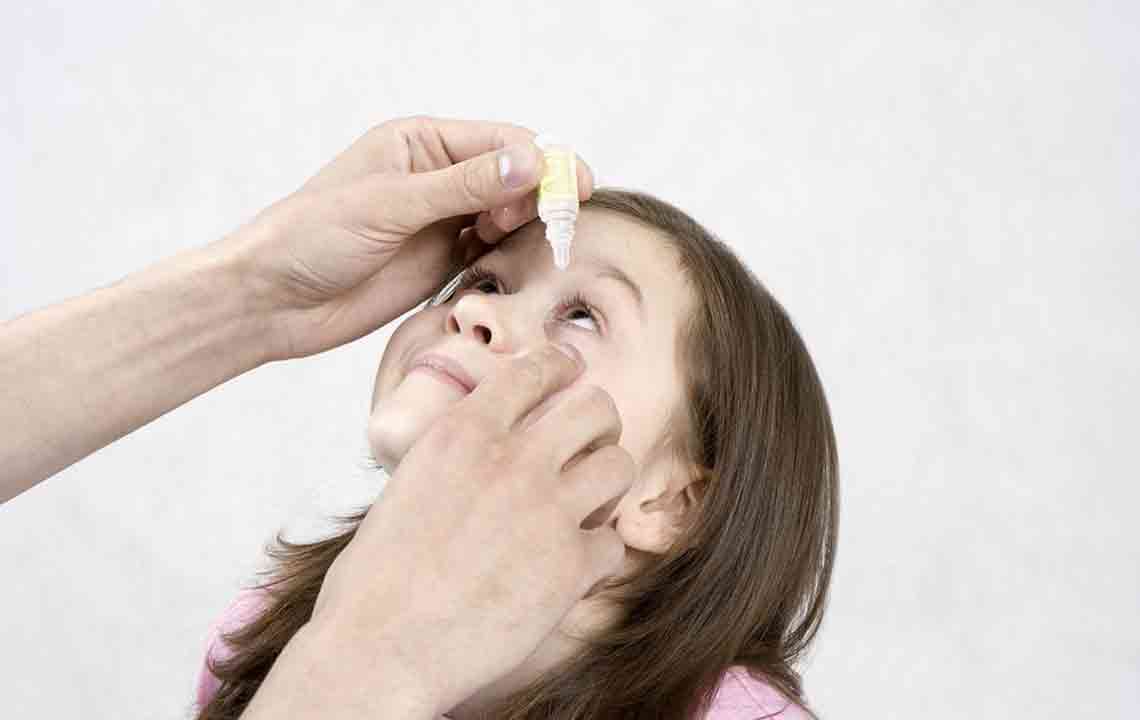Effective Natural Strategies to Relieve Dry Eyes at Home
Discover comprehensive natural methods to alleviate dry eyes at home. From warm compresses and eyelid hygiene to hydration and indoor humidity control, these easy, cost-effective strategies help manage discomfort and promote healthy tear production. Learn how simple lifestyle adjustments can make a significant difference in eye health, providing relief without invasive procedures. Whether working long hours in front of screens or experiencing environmental dryness, these remedies are practical solutions for maintaining comfortable, healthy eyes. Consult an eye care professional if symptoms persist.

Comprehensive Home Remedies for Alleviating Dry Eyes Naturally
Dry eyes are a common condition that occurs when the eyes do not produce enough tears or when the tears evaporate too quickly, leading to discomfort, irritation, and potential vision problems. Recognizing the symptoms early—such as a persistent burning sensation, redness, sensitivity to light, or the presence of mucus discharge—is essential for prompt management. Many factors contribute to dry eyes, including environmental conditions, prolonged screen exposure, aging, and certain medical conditions. If these symptoms are ignored, they can escalate into more serious ophthalmologic issues.
Fortunately, there are effective natural remedies and simple lifestyle changes that can significantly alleviate dry eye symptoms without the need for invasive procedures. These methods are cost-effective, easy to implement, and beneficial for overall eye health.
One of the most effective at-home treatments for dry eyes is the application of warm compresses. Warm compresses help open blocked oil glands in the eyelids, promoting better tear quality and reducing evaporation. To use, soak a clean cloth in warm water, wring out excess moisture, and gently place it over closed eyelids for about 10-15 minutes. Consistent use can improve oil secretion and soothe irritated eyes.
Maintaining good eyelid hygiene is also crucial. Gentle cleansing of the eyelids with mild, tear-free soap or diluted baby shampoo can remove crusting, debris, and reduce inflammation. This practice helps prevent meibomian gland dysfunction, a common cause of dry eyes.
Staying well-hydrated by drinking 8-10 glasses of water daily supports natural tear production. Incorporating water-rich foods like cucumbers, oranges, watermelon, and lettuce into your diet can further enhance hydration and benefit eye health.
Indoor humidity levels play a vital role in eye comfort. Using humidifiers in dry environments or during winter can add necessary moisture to the air, preventing eyelids and corneas from drying out. This is especially beneficial for individuals living in air-conditioned or heated spaces.
Natural remedies like Aloe Vera gel, known for its anti-inflammatory and soothing properties, can be applied lightly around the eyelids to reduce irritation and inflammation. However, caution should be exercised to avoid direct contact with the eyes.
During screen time or any prolonged visual tasks, blinking frequently helps maintain adequate lubrication. Following the 20-20-20 rule—every 20 minutes, look at something 20 feet away for at least 20 seconds—can reduce eye strain and encourage natural blinking, preventing dryness and discomfort.
Incorporating these simple, natural strategies into daily routines can significantly improve eye comfort, reduce reliance on artificial tears, and promote overall ocular health. If symptoms persist or worsen, consulting an eye care professional is highly recommended to rule out underlying conditions and discuss additional treatment options.





